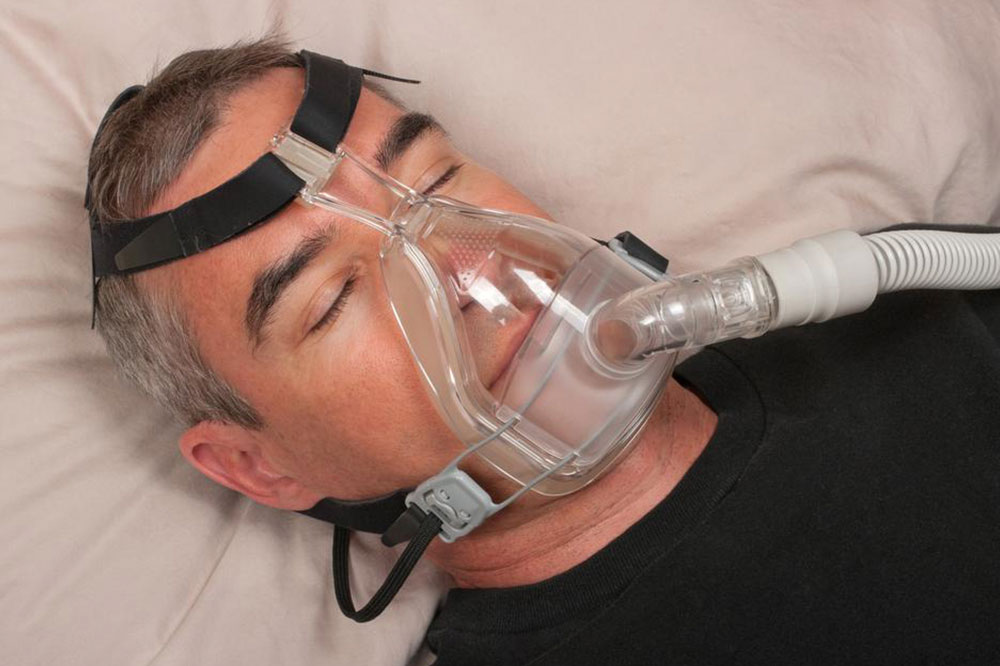
Common Causes of Sleep Apnea
Often, snoring is taken as a joke or brings embarrassment. However, if one snores and feel tired during the day, it may be a sign of sleep apnea. It is a serious disorder when breathing repeatedly stops while sleeping.
Some common causes and risk factors of sleep apnea are
- Overweight and a family history of sleep apnea.
- If neck circumference is more than 15.75 inches.
- If one suffers from high blood pressure, is aged over 50, and smokes.
- Obstructive sleep apnea may also result if one have enlarged tonsils or adenoids, elevated chin, or deviated septum
- Medical conditions or allergies that result in blockage and nasal congestion may also cause sleep apnea
- Blocking or narrowing of the airway while sleeping because your throat muscles relax more than normal
Central sleep apnea is common in males or seniors aged over 65 years. Here are some common causes of central sleep apnea:
- Underlying disorders such as stroke, brainstem or spinal injuries, heart disease, or neurological issues.
- Neuromuscular disorder like amyotrophic lateral sclerosis (ALS), a.k.a. Lou Gehrig’s disease.
- Any kind of lung, kidney, or heart disease.
Treating central sleep apnea requires the treatment of the underlying disorder.
Here are common signs of sleep apnea
- Pauses in breathing
- Chronic and loud snoring almost every night
- Waking up during the night feeling shortness of breath
- Snorting, choking, or gasping while sleeping
- Feeling fatigued and sleepy during the day even after spending a long time in bed
- Frequent night-time urination
- Restless sleep and frequently waking up during the night
- Mood disturbances like anxiety or depression
- Dryness in the mouth or sore throat when you wake up
- Night sweat
- Irritability
- Trouble in concentration
- Forgetfulness
- Headaches
- Sexual dysfunction
Sleep apnea is treatable after a medical evaluation. Several home remedies and lifestyle modifications are beneficial to treat mild to moderate sleep apnea. Here are six changes you may consider making to your lifestyle for relief:
- Maintain a regular schedule to enable relaxation and better sleep
- Avoid drinking alcohol or taking sleeping pills or sedatives before bedtime
- Do not have caffeine or a heavy meal at least two hours before you sleep
- Smoking causes fluid retention and inflammation in the upper airway and throat and you must quit this habit
- Regular exercise like resistance training and aerobics reduces symptoms while yoga practices strengthen the muscles in your airway and improve breathing
- Obesity blocks the flow of air to your lungs due to the presence of excessive tissue in the throat and weight loss can be highly beneficial to find relief from this disorder
If not treated, sleep apnea may cause other health problems. Take medical advice today.



